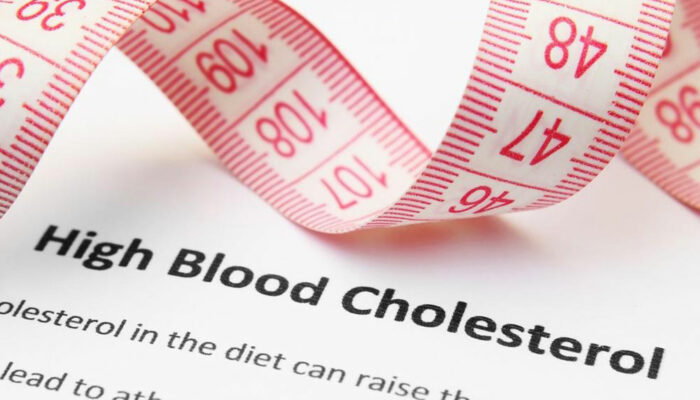
Irritable bowel syndrome- Symptoms, causes, and triggers
A common disorder that affects the large intestine, irritable bowel syndrome (IBS) has symptoms like cramping, abdominal pain, bloating, gas, and diarrhea or constipation, or both. It is a chronic condition that needs to be managed long term.
Only a few people suffering from IBS have severe signs and symptoms of this condition. Most people can control their symptoms by managing their diet, stress, and lifestyle. Medication and counseling can be used as treatment options for more severe symptoms of IBS.
IBS does not change the bowel tissue nor increases the risk of suffering from colorectal cancer.
Symptoms
- Abdominal pain, bloating, or cramping that is typically relieved or partially relieved after passing a bowel movement
- Mucus in the stool
- Excess gas
- Diarrhea or constipation (occasionally irregular bouts of diarrhea and constipation)
Symptoms of IBS can worsen with stress. Most people suffering from IBS experience times when the signs and symptoms are worse and times when they get better or even disappear completely. Some people may also have urinary symptoms or sexual problems when suffering from IBS. There are four types of IBS. There is IBS with constipation, which is known as IBS-C; and IBS with diarrhea, which is known as IBS-D. Some people have an alternating pattern of constipation and diarrhea, this called mixed IBS, and it is known as IBS-M. Other people suffering from IBS don’t fit into these categories so easily and this is unsubtyped IBS, which is also known as IBS-U.
Causes
The exact cause for IBS still remains unknown. However, there are certain factors that appear to play a role.
- Muscle contractions in the intestine – The intestinal walls are lined with muscle layers that contract as they move food through the digestive tract. Stronger and longer than normal contractions can cause gas, diarrhea, and bloating. Week contractions can slow down the passage of food and cause hard and dry stools.
- Nervous system – Abnormalities in the nerves in the digestive system may cause greater than normal discomfort when the abdomen stretches because of gas or stool. Pain, constipation, or diarrhea may be caused because of poorly coordinated signals between the brain and the intestines that cause the body to overreact to normal changes that occur in the digestive process.
- Inflammation in the intestines – Some people suffering from IBS have an increased number of immune-system cells in their intestines. This response of the immune system is associated with pain and diarrhea.
- Severe infection – After a severe bout of diarrhea (gastroenteritis) that is caused by bacteria or virus, IBS may develop. IBS might also be related to surplus bacteria in the intestines (bacterial overgrowth).
- Changes in microflora (bacteria in the gut) – Microflora are the good bacteria in the intestines and play an important role in maintaining good health. As per research, microflora in people suffering IBS might differ from microflora in healthy people.
Triggers
There are some triggers that can make IBS worse.
- Food – The connection between food allergy or intolerance in IBS is not fully understood. A real food allergy rarely causes IBS. But many people suffering from IBS experience worsening of their symptoms when they eat or drink certain food or beverages like wheat, carbonated drinks, dairy products, milk, citrus fruits, cabbage, and beans.
- Stress – During periods of increased stress, many people with IBS experience worsening or more frequent signs and symptoms. While stress may aggravate the symptoms, it does not cause them.
- Hormone – Women are twice as likely to suffer from IBS, which might indicate that hormonal changes have a role to play. Many women with IBS find that their signs and symptoms worsen during or around their menstrual periods.



